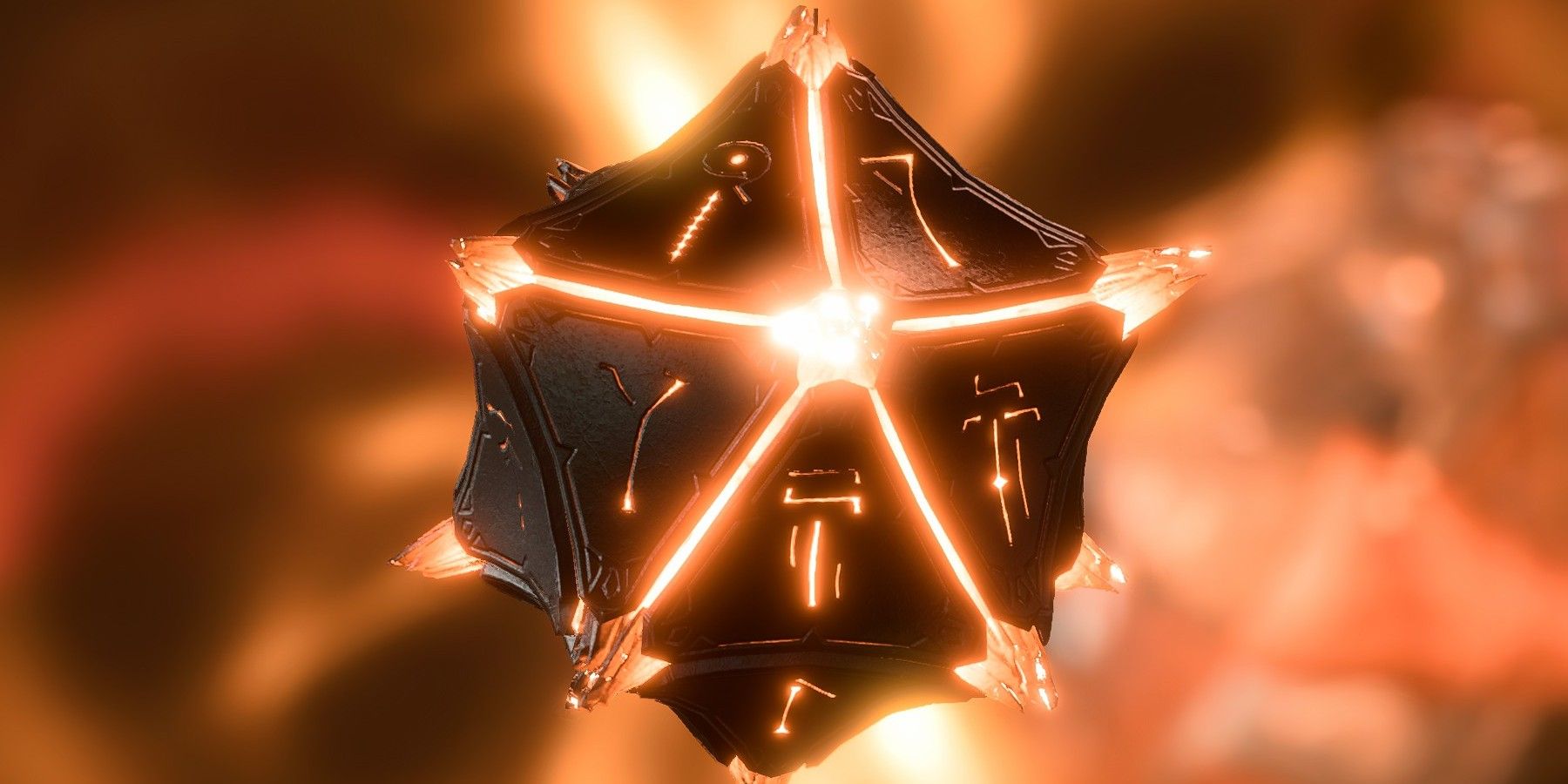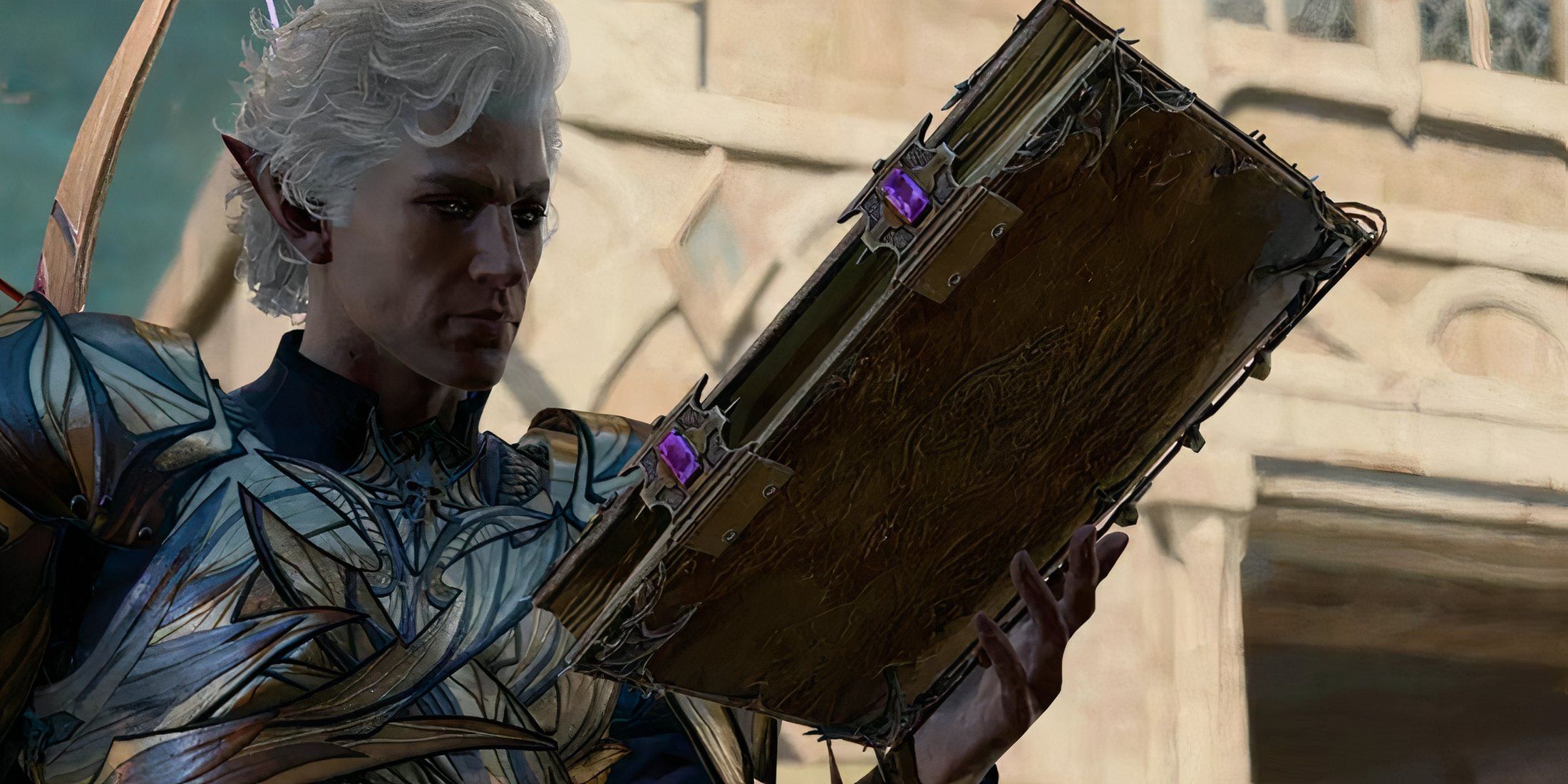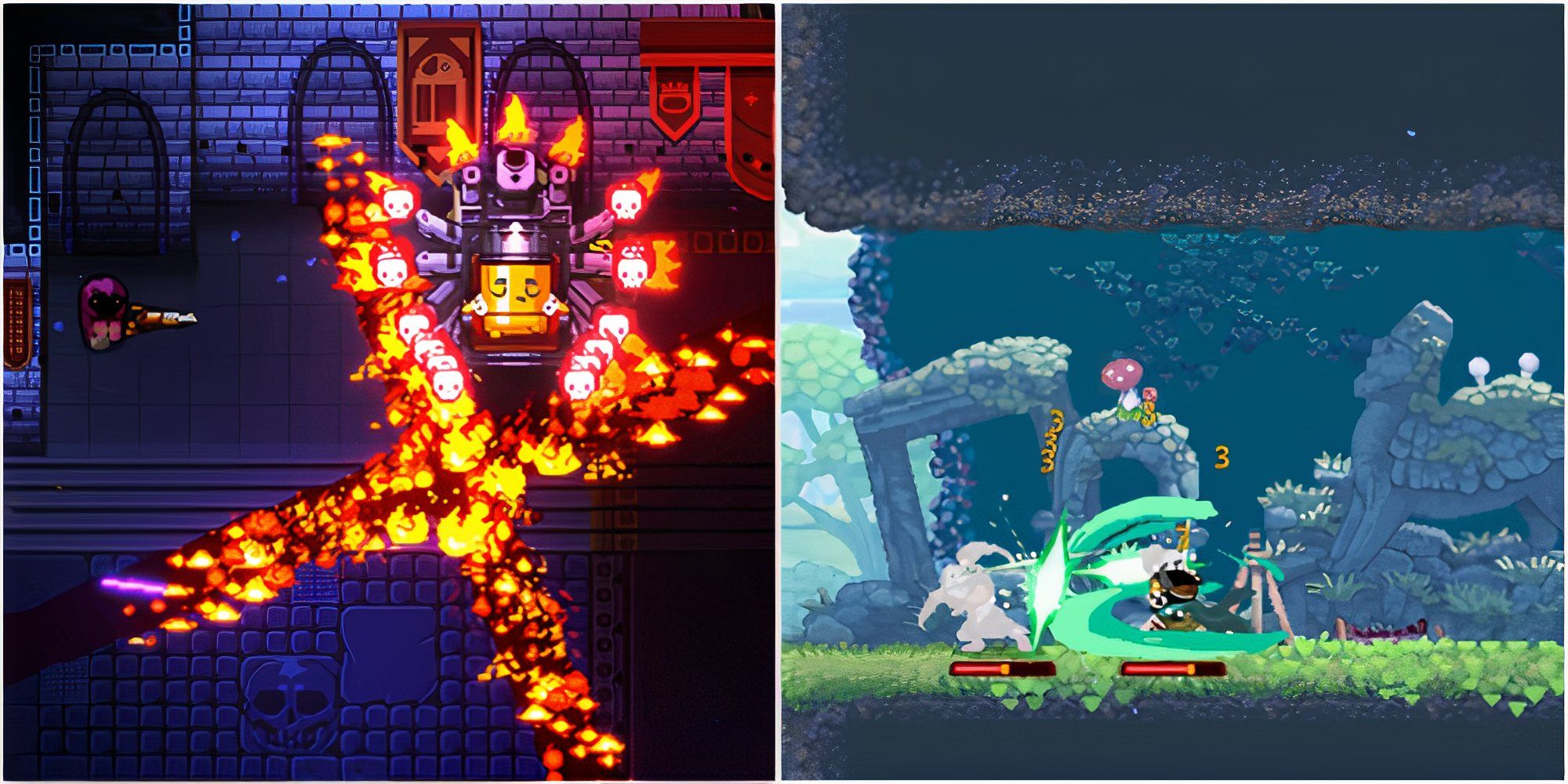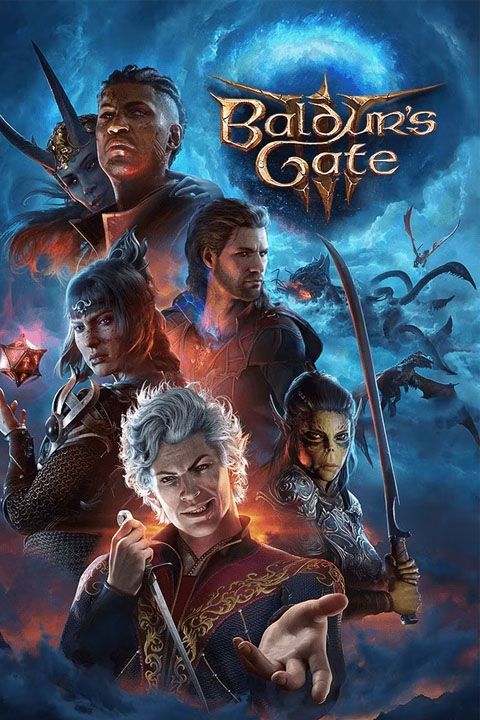Highlights
- Baldur's Gate 3 offers deep character creation options, focusing on one key feature from D&D 5e for balance and progression.
- Point Buy system in character creation evens out player stats and promotes gradual strength growth, but limits a character's abilities.
- Point Buy may hinder certain builds like paladins and Eldritch Knights, impacting gameplay diversity and storytelling potential.
Baldur's Gate 3 carries a lot over from its D&D 5e base, although it isn't afraid to drop or revise features. However, Baldur's Gate 3's character creation hones in on one feature from fifth edition in particular, which has as many drawbacks as upsides.
On the whole, the game's character creation system is incredibly robust, going far beyond most other titles. Those picking up the title might spend ages meddling with their body type, voice, scarring, and more. Players also have a great deal of build choice in Baldur's Gate 3, even with the game's pool of options being limited compared to D&D 5e. Though a video game could never replicate the exact TTRPG experience, Baldur's Gate 3 certainly comes close.

Baldur's Gate 3 Fan Creates Amazing Artefact Controller
Dedicated Baldur's Gate 3 fan and Twitch streamer Rudeism has created a controller based on the design of the Mysterious Artefact.
Baldur's Gate 3 Shows Off The Flaws And Benefits Of Point Buy Stat Generation
One area where this character creation is notably limited, however, is in stat generation. The player is limited to the point buy method of character creation in Baldur's Gate 3, one of the two main options for stat generation in typical D&D 5e. This system sets each of the player's 6 ability scores to 8 at a default, which can each be boosted using a pool of 27 points. Players can distribute these points as they wish, though they cannot reduce a score below 8 or raise one above 15. Each increase costs 1 point up to 13, after which raising a score to 14 or 15 will cost two points.
Point Buy Produces An Even Spread
The main benefit to the point buy system used in Baldur's Gate 3's character creation is how it evens out player stats. The other typical method D&D players use involves rolling 4d6 for each stat and dropping the lowest number before adding up the total. This often leads to a greater swing in stats, with scores as low as 3 and as high as 18 (though the former is incredibly rare). Players can end up with multiple terrible stats or an incredibly strong character. Point buy's mix of strengths and minor weaknesses is good for a balanced character, one that allows players to face challenges as well as find areas to excel in.
In addition, it's great for players that like to feel their characters surge in strength over time. D&D 5e has been making 1st-level characters more powerful over its many extra sourcebooks, and D&D 2024 looks to do this in spades with some boosted species options and 1st-level feats. However, for those looking to start out only semi-competent before reaching their potential after a well-fought journey, point buy is perfect since it limits a character's initial scores.
Point Buy Punishes Certain Builds And Limits Player Hijinks
While Baldur's Gate 3 mostly captures the spirit of D&D, point buy can be a miss for this. Not only do players love the sensation of rolling up their stats, those swing-prone numbers have the benefit of heightened drama. It can feel great to succeed at a skill check as a rogue or bard with a huge bonus, and it can be equally satisfying watching a player with -3 Strength trying to lift something heavy. Limiting players to just a point buy systems severely diminishes the likelihood of moments of incredible drama or incredible comedy, as well as the surprise of the dice, allowing a player to succeed in something they're inept at. In a game like Baldur's Gate 3 with a ton of skill checks, it can get frustrating to regularly roll checks that the character has no bonus in.
Moreover, the middling stats point buy produces are tough for MAD (Multi Ability Dependent) builds. This in particular punishes D&D's paladin class as well as subclasses like the Eldritch Knight fighter. Both need a good score for their spellcasting ability, in addition to high Strength/Dexterity and Constitution scores.




